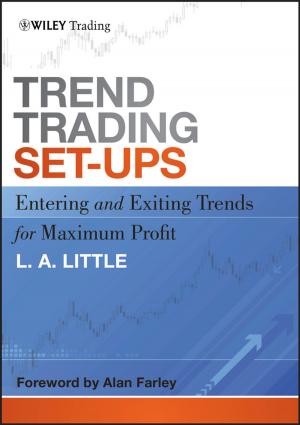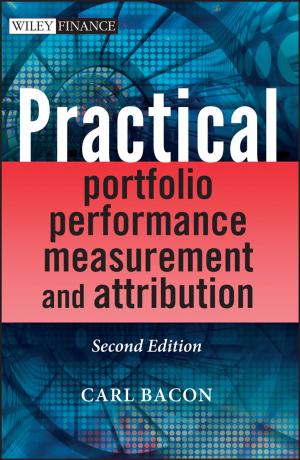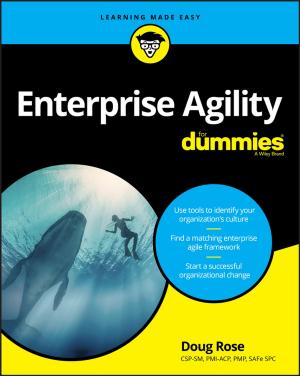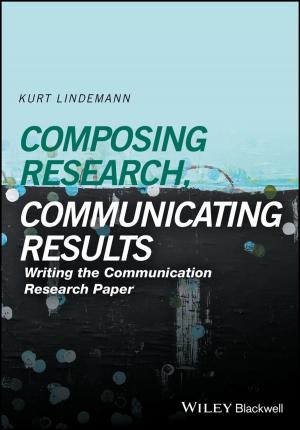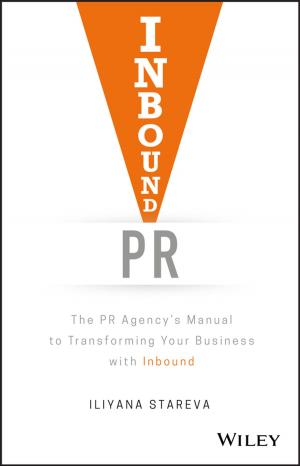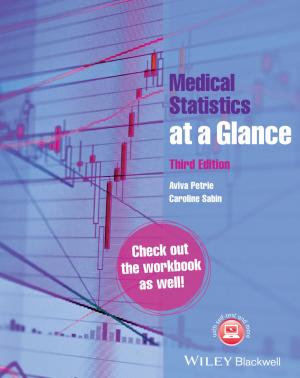| Author: | Steven Collings | ISBN: | 9781119960676 |
| Publisher: | Wiley | Publication: | March 1, 2013 |
| Imprint: | Wiley | Language: | English |
| Author: | Steven Collings |
| ISBN: | 9781119960676 |
| Publisher: | Wiley |
| Publication: | March 1, 2013 |
| Imprint: | Wiley |
| Language: | English |
A concise FAQ guide to IFRS principles and practices
Co-written by Steven Collings, winner of Accounting Technician of the Year at the British Accountancy Awards 2011, this book is a comprehensive guide to International Financial Reporting Standards (IFRS) which became mandatory in the EU in 2005, and they will almost certainly be adopted by most other developed countries in the near future. Unlike US-GAAP and other sets of standards, the IFRS are principles-based rather than rules-based, putting the onus of interpretation more on users than has previously been the case. Under IFRS users must understand the economic substance of operations, and they must be able to make assumptions, hypotheses, and estimations leading to an accounting treatment consistent with the general objectives of and principles behind IFRS financial reporting. In a handy, easy-to-navigate Q&A format, Frequently Asked Questions on IFRS provides accounting and finance professionals with the answers to some of the most commonly asked questions on the new standards. Covering the often complicated areas of accounting for financial instruments, tangible and intangible assets, provisions, and revenue recognition, the book also contains a valuable overview of the standards and the thinking behind them.
- Includes a comprehensive section on the new IFRS for small and medium enterprises
- Contains real-world examples from financial reports; a glossary of commonly used terms; and a 'Test Your Knowledge' section
- Provides a simple way to get up to speed on these often confusing, principles-based standards
A concise FAQ guide to IFRS principles and practices
Co-written by Steven Collings, winner of Accounting Technician of the Year at the British Accountancy Awards 2011, this book is a comprehensive guide to International Financial Reporting Standards (IFRS) which became mandatory in the EU in 2005, and they will almost certainly be adopted by most other developed countries in the near future. Unlike US-GAAP and other sets of standards, the IFRS are principles-based rather than rules-based, putting the onus of interpretation more on users than has previously been the case. Under IFRS users must understand the economic substance of operations, and they must be able to make assumptions, hypotheses, and estimations leading to an accounting treatment consistent with the general objectives of and principles behind IFRS financial reporting. In a handy, easy-to-navigate Q&A format, Frequently Asked Questions on IFRS provides accounting and finance professionals with the answers to some of the most commonly asked questions on the new standards. Covering the often complicated areas of accounting for financial instruments, tangible and intangible assets, provisions, and revenue recognition, the book also contains a valuable overview of the standards and the thinking behind them.
- Includes a comprehensive section on the new IFRS for small and medium enterprises
- Contains real-world examples from financial reports; a glossary of commonly used terms; and a 'Test Your Knowledge' section
- Provides a simple way to get up to speed on these often confusing, principles-based standards


